Daily Recommendations • Protein From Plants • Iron Nutrition • Calcium • Iodine • Vitamin B12 • Vitamin D • Soy • Pregnancy
Fitness • Health • Heart Disease • Cancer • Diabetes • Meal Plans • Healthy Habits • Nutritionism • Ethics
Iron Nutrition
Good vegan sources of iron include legumes (lentils, beans, and peas), dark leafy green vegetables such as spinach and kale, dried fruit, and blackstrap molasses. However, according to Jack Norris, Registered Dietitian and the President and Executive Director of Vegan Outreach, you do not need to worry about iron if you are otherwise healthy and eat a varied vegetarian or vegan diet. If you think your iron stores might be low, you can increase iron absorption by:
Adding a source of vitamin C at meals (see Table 2 of good vitamin C sources in the veganhealth.org link below).
Avoiding tea and coffee at meals.
Increasing legume (peanuts, beans, lentils, peas) intake.
Cooking foods (especially water based acidic foods like tomato sauce) in cast iron skillets.
If your concerns persist, you should have a doctor measure your iron status. If your iron stores are too low, your doctor might suggest eating meat or taking an iron supplement. Anemia in meat-eaters is normally treated with large doses of supplemental iron, not with eating more meat. Similarly, vegetarians with anemia do not need to start eating meat but can also be treated with supplemental iron and vitamin C. If your doctor insists that you eat meat, you might want to show him or her this article.
It is important for any vegan with iron deficiency to correct it because during iron deficiency, the body has a tendency to absorb too much manganese. Luckily, vitamin C increases iron absorption but does not increase manganese absorption.
See more at:

